
Current
Season
Team
History
All-Time Leaders Batting
Pitching
League Championship Titles: 1922,
1925, 1930
Ballpark: Vaughn Street Park
|
|
Vaughn Street Park
Opened: 1901 Capacity: 16,500
Vaughn Street and 25th Street North,
Portland, Oregon |
|
|
|
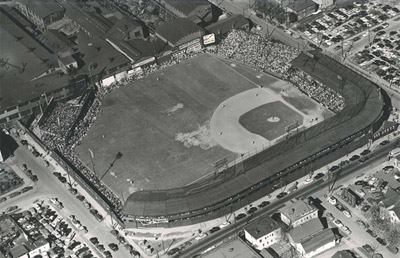
|
|
|
|
Factors
AVG overall 1.007
LHB .995, RHB 1.013
Doubles 1.084
Triples .568
HR overall 1.328
LHB 1.424, RHB 1.276
|
|
Distances/wall heights
Left Field line 340 ft./17 ft.
Left Field 374 ft./17 ft.
Left-Center Field 411 ft./9 ft.
Center Field 422 ft./9 ft.
Right-Center Field 386 ft./9 ft.
Right Field 350 ft./6 ft.
Right Field line 325 ft./6 ft. |
|
In the Redux
In addition to their three Pacific Coast League
championships, the Beavers own a World
Championship, winning the World Series in 1930.
The Beavers also made postseason appearances in
1921 and 1923.
Real-life history
The Portland franchise that became charter
members of the PCL in 1903 traced its history back
two years earlier, when the Portland Webfoots
competed in the Pacific Northwest League. Upon
entering the PCL they were known as the Browns for
a few seasons, and then the Giants. In 1905 they
were purchased by Walt McCredie, a professional
baseball player, and his uncle, Judge William
Wallace McCredie, a former Congressman. The
McCredies allowed fans to rename the team in a
newspaper contest in 1906, and the winner was the
Beavers. The club itself was also a winner; they
took their first PCL pennant that year.
|
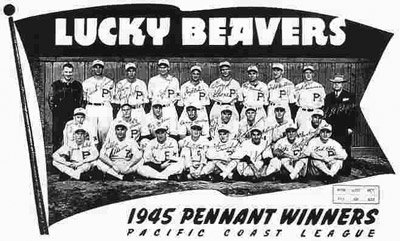
|
|
|
|
The 1945 PCL Champions, whose P.R.
department wasn’t afraid to admit it’s
better to be lucky than good. |
|
|
They also won pennants in 1910 and 1911, and
celebrated by doubling Vaughn Street Park’s
seating capacity to 12,000 in 1912. They finished
fourth that year, but regained the championship in
1913 and 1914.
Largely as the result of travel restrictions
during World War I, the McCredies dropped out of
the PCL in 1918 to form a team in the Class-B
Pacific Coast International League, which was a
Pacific Northwest-based circuit. Their team was
known as the Portland Buckaroos that season. Most
of the players from the 1917 Beavers stayed in the
PCL as members of the expansion Sacramento
Senators in 1918.
|
|
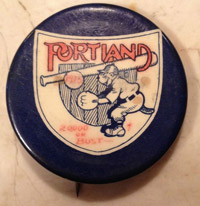
|
|
|
|
Fans who flocked to the yard on Opening
Day 1915 were rewarded with a pin
portraying a uniformed beaver using a
catcher’s mitt to catch a basketball. |
|
Portland was back in the PCL for the 1919 season,
once again owned by the McCredies and once again
called the Beavers. They were an expansion club
this time, and played like one for the next
several years. They were the Philadelphia
Athletics’ de facto farm club for a few
seasons before the A’s made it official by
purchasing the club in 1924. This arrangement
lasted through the 1931 season.
They tried out the name Ducks in 1929, and were
also referred to as the Rosebuds, but the Beaver
name was enduring. In 1932, Portland won its first
PCL pennant since 1914, but it was back to the
second division shortly after that. They captured
another crown in 1945 but the following year they
again returned to the bottom half of the league
for several seasons. The Beavers moved to
25,000-seat Multnomah Stadium in 1956.
The club remained in Portland through the 1972
season, after which they moved to Spokane,
followed by a move to Las Vegas a few years later.
The franchise currently competes in the PCL as the
Las Vegas 51s. There have been several minor
league teams in Portland since the original
Beavers left, some in the PCL, some not; some
called the Beavers, some using other names. The
current Portland-area team is the Hillsboro Hops
of the Class-A Northwest League (Hillsboro is a
Portland suburb).
Portland Beavers Uniform History
|
|
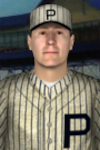
|
|
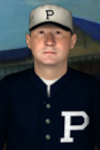
|
|
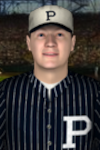
|
|

|
|
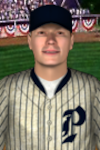
|
|
|
1921 Home
|
|
1922 Home
|
|
1923-1924 Home
|
|
1925 Home
|
|
1926 Home
|
|
|
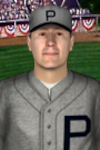
|
|
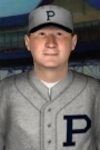
|
|

|
|

|
|
|
1921 Away
|
|
1922-1924 Away
|
|
1925 Away
|
|
1926 Away
|
|
|
|
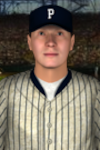
|
|
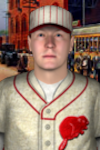
|
|
|
|
|
1927 Home
|
|
1928-1930 Home
|
|
|
|
|
|
|
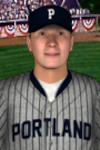
|
|
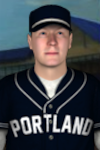
|
|
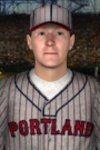
|
|
|
|
|
|
|
1927 Away
|
|
1928 Away
|
|
1929-1930 Away
|
|
|
|
|
|
|
|
|
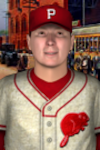
|
|
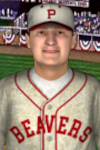
|
|
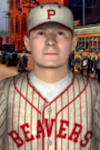
|
|
|
1931-1933 Home
|
|
1934-1936 Home
|
|
1937-1940 Home
|
|
|

|
|
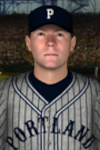
|
|
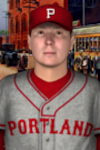
|
|
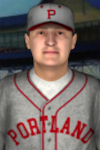
|
|
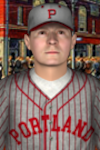
|
|
|
1931 Away
|
|
1932 Away
|
|
1933 Away
|
|
1934-1936 Away
|
|
1937-1940 Away
|
|
|
|
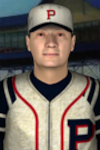
|
|
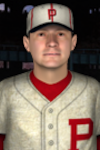
|
|
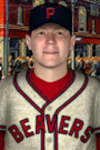
|
|
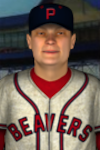
|
|
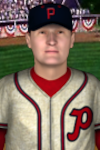
|
|
|
1941-1943 Home
|
|
1944-1946 Home
|
|
1947-1948 Home
|
|
1949-1951 Home
|
|
1952 Home
|
|
|
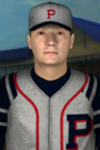
|
|
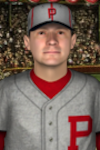
|
|
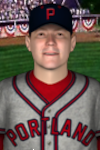
|
|
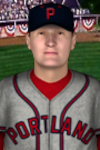
|
|
|
1941-1943 Away
|
|
1944-1946 Away
|
|
1947-1948 Away
|
|
1949-1952 Away
|
|
|
|
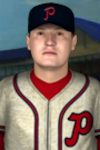
|
|
|
|
|
|
|
|
|
|
|
1953-1955 Home
|
|
|
|
|
|
|
|
|
|
|
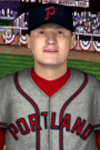
|
|
|
|
|
|
|
|
|
|
|
1953-1955 Away
|
|
|
|
|
|
|
|
|
|
|

